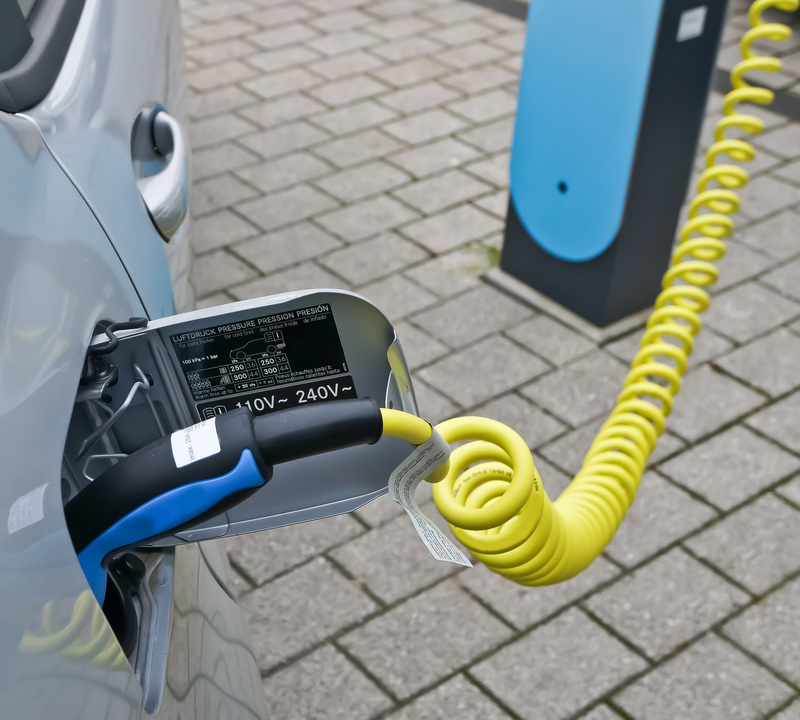TRENTON, NJ – The New Jersey Department of Environmental Protection held its first Advance Clean Cars II public hearing last week. That’s the proposal by Governor Phil Murphy to eliminate gas-powered cars and have 100% of New Jerseyans driving electric vehicles by 2035.
That plan was slapped with a dose of reality by a high-ranking member of the New Jersey Business & Industry Association.
NJBIA Vice President Ray Cantor spoke out against New Jersey’s consideration of adopting California’s electric vehicle (EV) mandate, highlighting concerns about affordability, practicality, and consumer choice. Cantor stated that phasing out internal combustion engines by 2035 is unfeasible for various reasons, most notably the economic barriers that make EVs inaccessible for many New Jersey residents.
“You can’t put enough Chargers in place at this point in time even at homes to be significant and there are a lot of places where you have apartments condos dense populated areas where you can’t put enough charging stations in where its convenient for people,” he said. “You can’t tell people they need to walk blocks in order to charge their vehicle. It’s also a matter of choice as it is arrogant of the government to dictate what type of car people can or cannot drive.”
Cantor detailed three key arguments against following California’s lead. First, he pointed out that even with existing incentives, EVs remain unaffordable for not just lower and moderate-income families but also many middle-class households. He emphasized that these incentives are not guaranteed to last, which could further limit access to automobiles.
Second, Cantor argued that the proposal is impractical due to New Jersey’s limited electric infrastructure. He noted that the state lacks not only the electrical capacity but also the charging infrastructure to support a full transition to EVs, particularly in densely populated areas where installing sufficient charging stations would be challenging.
“You can’t expect people to walk blocks to charge their car,” he said. “You can’t expect a single woman to walk blocks to charge her vehicle for an hour if she doesn’t feel comfortable with it.”
Finally, Cantor criticized the mandate as overly prescriptive, limiting the types of vehicles consumers can choose to purchase. He argued that this narrows personal choice and overrides market forces that currently do not show a high demand for EVs, even with existing incentives.
This is not a 2035 issue, it’s a 2023 issue, he said.
Furthermore, Cantor warned that the issue is more immediate than the 2035 timeline suggests. If the mandate is implemented, by the model year 2027, 43% of all new car sales in New Jersey would have to be electric. This, Cantor says, will limit the availability of all cars, not just EVs, and increase the prices of internal combustion engine vehicles within the next three years due to supply and demand dynamics.
According to Cantor, the state’s focus should be on solutions that work for its unique demographic and geographic needs rather than importing policies from other states. “Automobiles are essential for a way of life in New Jersey,” he stated, emphasizing that a one-size-fits-all approach is not the answer.
“This program doesn’t work,” he concluded. “The market should dictate, not regulations.”
